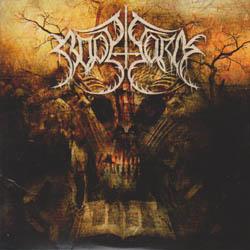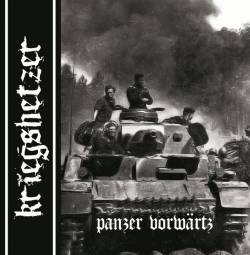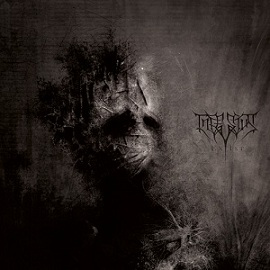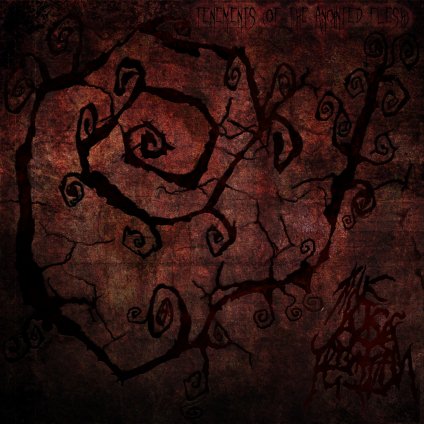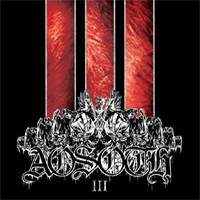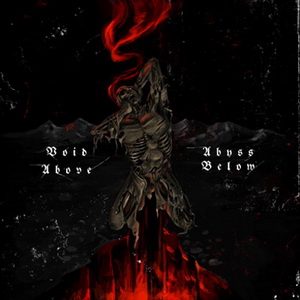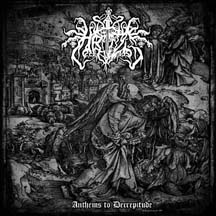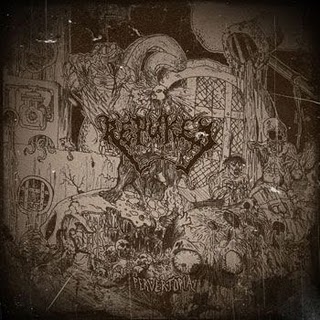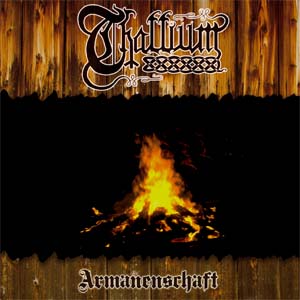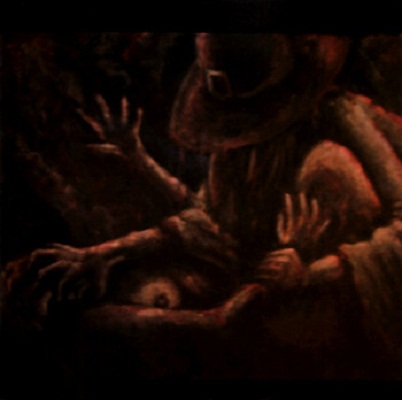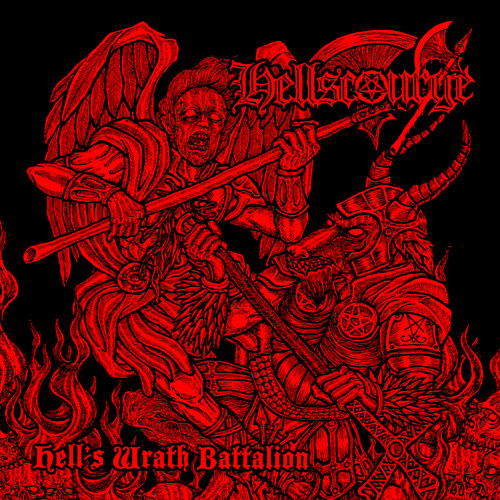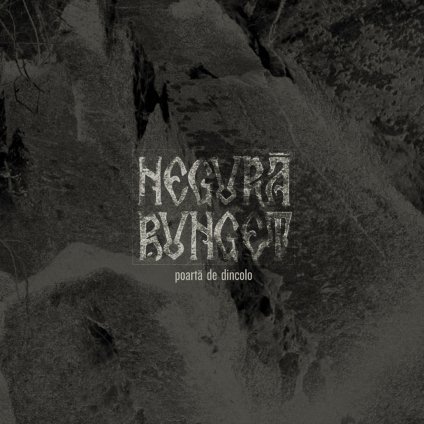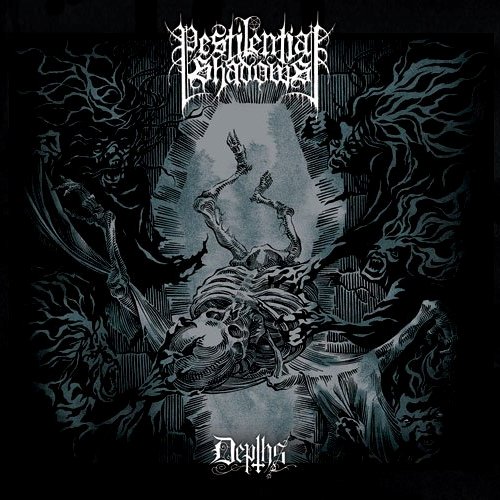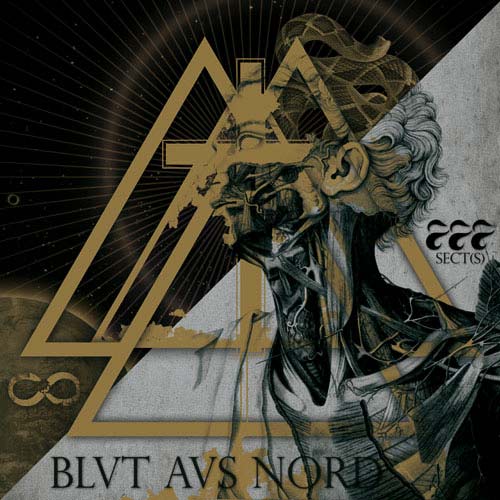Symphonic heathen black metal has always been Ukraine’s thing, and Vastum Silentium’s debut album Time Will Come, and Everything Will Be Passed is another addition to the long list of Eastern European black / folk albums, implementing a healthy amount of acoustic and synth melody into the harsh blasting.
As soon as the first proper song ”Warriors of Darkness” kicks in, a tight thrash metal riffage meets the listener, not quite what one would have first expected of the album. It’s not until the next offering ”On the Day of My Triumph!” when the melodic black metal truly enters the picture, where tremolo guitars and synths fluctuate while drums batter steadily, the rather usual raspy screams are delivered, and also the acoustic guitar appears for a while. ”Silentium” could be said to be the album’s centerpiece due to its adventurous song structure, going through many interesting breakdown passages during its over 8-minute course.
”My Heart, My Blood”, a Whites Load cover, starts with a bombastic atmosphere and a nice bass guitar pattern, later bursting into more active folk metal, not unlike the next original piece ”With Wrath in Our Hearts, With Fury in Our Eyes! ”. The short ”En Arving Av Svargardr” ends the album with melancholic riffing very similar to Drudkh, one of my favourite pieces of the album as well.
Time Will Come’s main strength is the nicely varying song material, as there’s certainly no moment when the album would really repeat itself. In spite of being their debut, the members of Vastum Silentium handle their instruments professionally. The production, however, could do better: right now it sounds as if they had tried to get a bright and polished sound but the result is quite loose and unbalanced, though not to a harassing extent. It’s clear that Time Will Come, and Everything Will Be Passed is done quite thoughtfully, including a lot of interesting material (even if it doesn’t rise to truly remarkable levels), hence deserving a positive rating.
As soon as the first proper song ”Warriors of Darkness” kicks in, a tight thrash metal riffage meets the listener, not quite what one would have first expected of the album. It’s not until the next offering ”On the Day of My Triumph!” when the melodic black metal truly enters the picture, where tremolo guitars and synths fluctuate while drums batter steadily, the rather usual raspy screams are delivered, and also the acoustic guitar appears for a while. ”Silentium” could be said to be the album’s centerpiece due to its adventurous song structure, going through many interesting breakdown passages during its over 8-minute course.
”My Heart, My Blood”, a Whites Load cover, starts with a bombastic atmosphere and a nice bass guitar pattern, later bursting into more active folk metal, not unlike the next original piece ”With Wrath in Our Hearts, With Fury in Our Eyes! ”. The short ”En Arving Av Svargardr” ends the album with melancholic riffing very similar to Drudkh, one of my favourite pieces of the album as well.
Time Will Come’s main strength is the nicely varying song material, as there’s certainly no moment when the album would really repeat itself. In spite of being their debut, the members of Vastum Silentium handle their instruments professionally. The production, however, could do better: right now it sounds as if they had tried to get a bright and polished sound but the result is quite loose and unbalanced, though not to a harassing extent. It’s clear that Time Will Come, and Everything Will Be Passed is done quite thoughtfully, including a lot of interesting material (even if it doesn’t rise to truly remarkable levels), hence deserving a positive rating.
3 / 5


